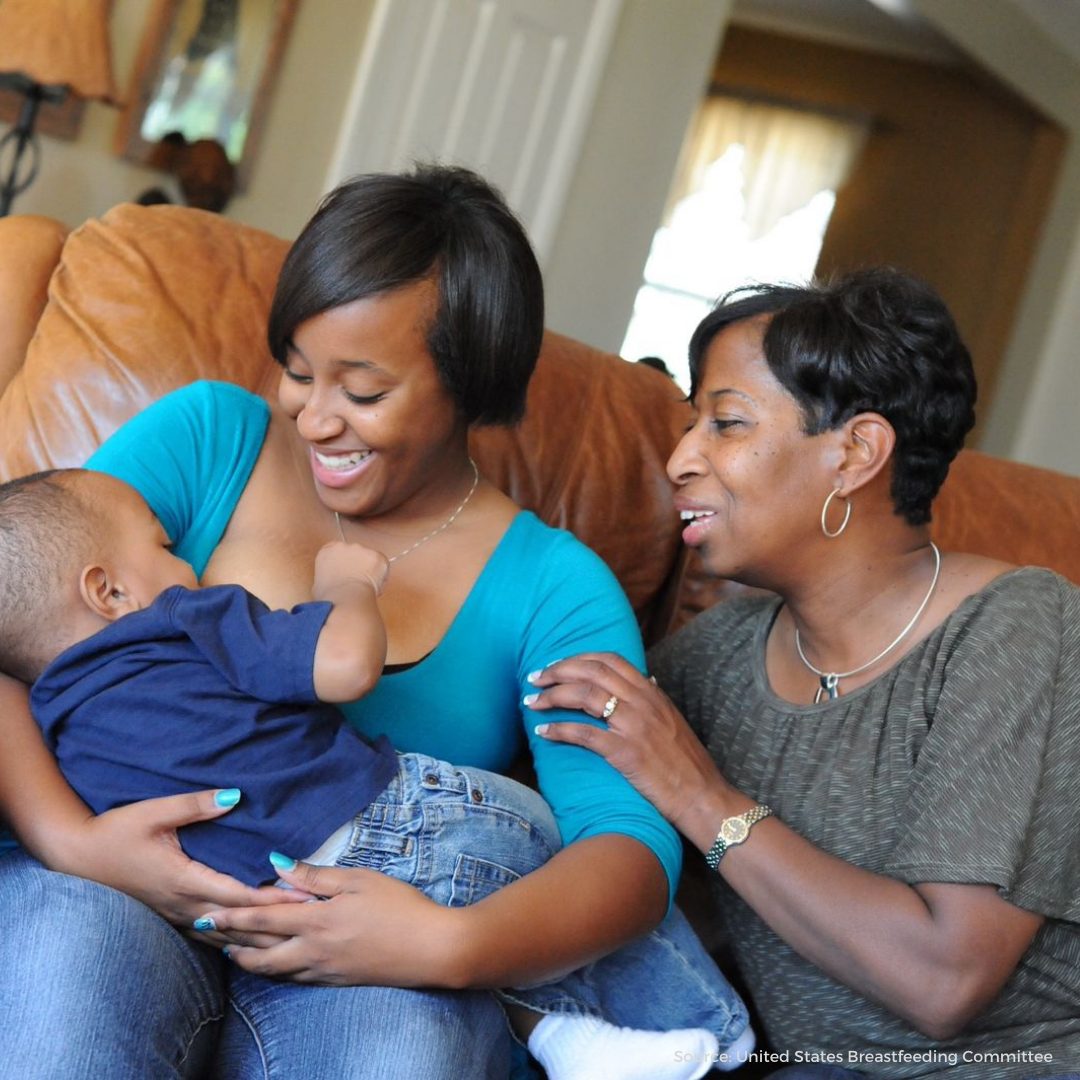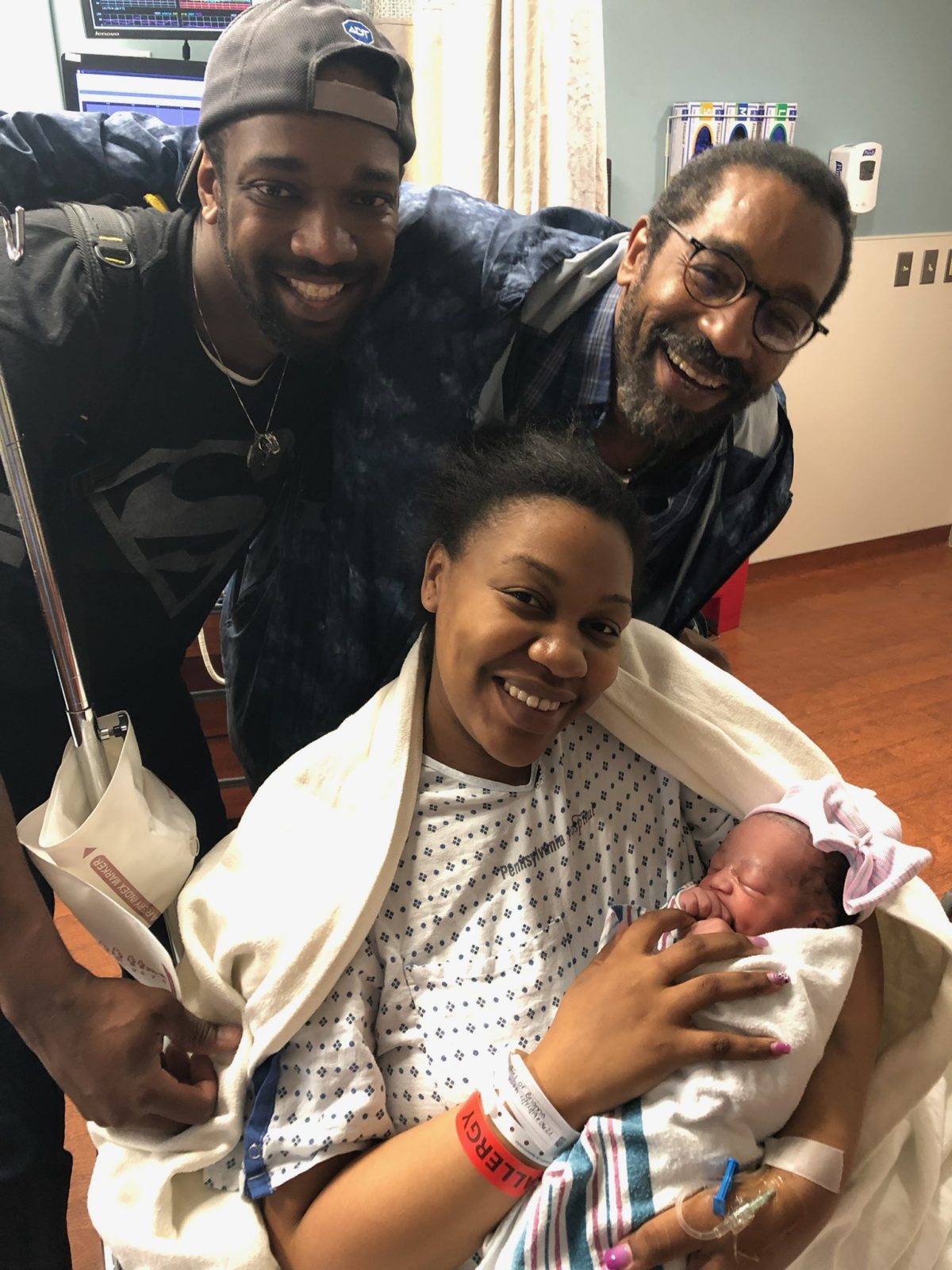What We’re Watching in Congress – Fall 2020
With the end of the fiscal year rapidly approaching and the election less than two months away, Congress has a number of priorities that they are hoping to take care of before Senators and Representatives head back to their home states to campaign. The death of Supreme Court Justice Ruth Bader Ginsburg, and the possible Senate consideration of a nominee to fill her seat, further complicates the Congressional schedule. Nevertheless, the House has recently passed a number of important bills crucial to the health and well-being of families in the 1,000-day window.
Here are a few things we have been keeping an eye on:
Progress on a CR
After several weeks of negotiations, House Democrats and the White House have reached a deal to extend government funding through December 11th. The continuing resolution, passed by a sizable bipartisan majority in the House earlier this week, includes important funding for numerous child nutrition programs. The Pandemic-EBT program established under the CARES Act this fall, which allows families to receive a cash benefit for the meals that their children would otherwise receive at school, has been extended to cover younger children through the Child and Adult Care Food Program. Additionally, the waiver authority which has allowed the Special Supplemental Nutrition Program for Women, Infants and Children (WIC) to continue serving families without requiring in-person clinic visits has been extended through the end of Fiscal Year 2021. WIC waivers have been incredibly successful in allowing pregnant women, moms and young children to receive the nourishing food, breastfeeding support and nutrition services they need to stay healthy during the pandemic, while protecting the well-being of WIC staff. We applaud the extension of these programs which provide critical support to help families have the healthiest first 1,000 days.
The Senate is expected to vote on the CR in the coming days, averting the threat of an upcoming shutdown. 1,000 Days urges Congress to build on this bipartisan success and pass a full government funding package for FY21, ensuring that all families can access the services and programs they need to stay healthy and secure during this crisis.
Stalled negotiations on further COVID relief
Unfortunately, Congressional leaders have not been able to come to an agreement on a fourth coronavirus relief package. As the nation passes the grim milestone of more than 200,000 dead from COVID-19, negotiations between the White House and Congressional leadership appear to have stalled. 1,000 Days once again calls upon Congress to pass a robust relief package including full funding for USAID anti-hunger programs, an extension and expansion of the emergency paid leave provisions established in the Families First Coronavirus Response Act, increased funding and flexibility for crucial nutrition programs like SNAP and WIC and additional funding to states to provide health insurance to low- and moderate-income families through Medicaid.
Legislation to support moms and babies advances in the House
Last week, the House passed the Pregnant Workers Fairness Act (Rep. Nadler, D-NY) with a strong, bipartisan majority. This commonsense bill requires employers to provide reasonable accommodations to pregnant employees and ensures that workers cannot be discriminated or retaliated against for seeking those accommodations. 1,000 Days submitted testimony in support of PWFA when it was under consideration by the Education and Labor Committee earlier this year and we are thrilled to see its overwhelming passage.
This week, the House also approved two important measures by unanimous voice vote. The Maternal Health Quality Improvement Act (Rep. Engel, D-NY) is an important step in addressing the staggering racial and ethnic health disparities in maternal health outcomes. This bill authorizes several grants for innovation in maternal and infant health care, in addition to improving data collection and coordination on maternal health outcomes, providing the CDC and NIH with valuable information to better understand the scope of the maternal health crisis. Finally, the Global Child Thrive Act also passed the House this week, reauthorizing a number of important early childhood development programs, including vital nutrition programming for children in the 1,000-day window, at USAID. 1,000 Days applauds the passage of these important bills and urges the Senate to bring them to the floor for consideration promptly.
Bipartisan legislation to provide insurance to newborns introduced
This week, Reps. Katie Porter (D-CA) and Jaime Herrera Beutler (R-WA) introduced the No Surprises for New Moms Act, which would automatically enroll newborns in health insurance for the first 30 days of life and simplify the subsequent process for enrolling them in coverage. This legislation is especially timely, as September marks NICU Awareness Month. For families with babies in the Neonatal Intensive Care Unit, life is stressful enough without having to stress about deadlines for insurance coverage or surprise bills. 1,000 Days is proud to endorse this commonsense bills to support moms, babies and their families.
Coalition efforts drive support for paid leave
Building on the success of the Families First Coronavirus Response Act, which established the first ever federal paid family and medical leave program, more than a dozen lawmakers have agreed to cosponsor the FAMILY Act in recent weeks. A broad coalition of organizations supporting paid leave, including maternal and child health organizations like 1,000 Days, as well as racial and economic justice organizations, labor unions, LGBTQ rights advocacy groups, disability justice groups and many others, have shown the breadth of interest in paid leave and its importance to American families, especially during this once in a generation pandemic. Recent FAMILY Act supporters include members of House leadership, Reps. Jim Clyburn (D-SC) and Steny Hoyer (D-MA), as well as Senators Ron Wyden (D-OR) and Debbie Stabenow (D-MI). 1,000 Days is proud to work alongside these amazing advocates and we hope to build on these successes with our new qualitative paid leave report, which shares the stories of 20 new moms to show why, now more than ever, paid leave is a public health imperative.





